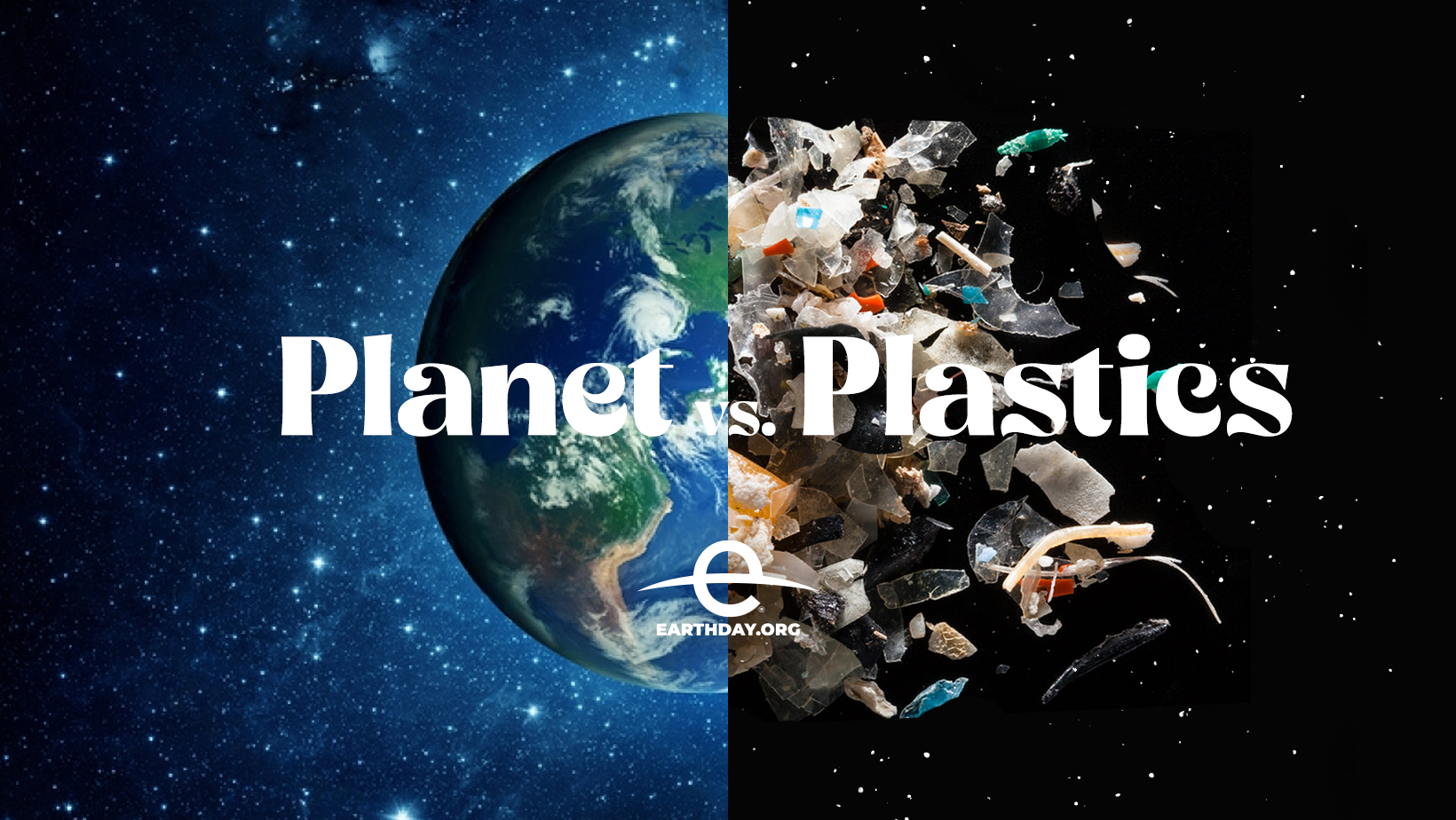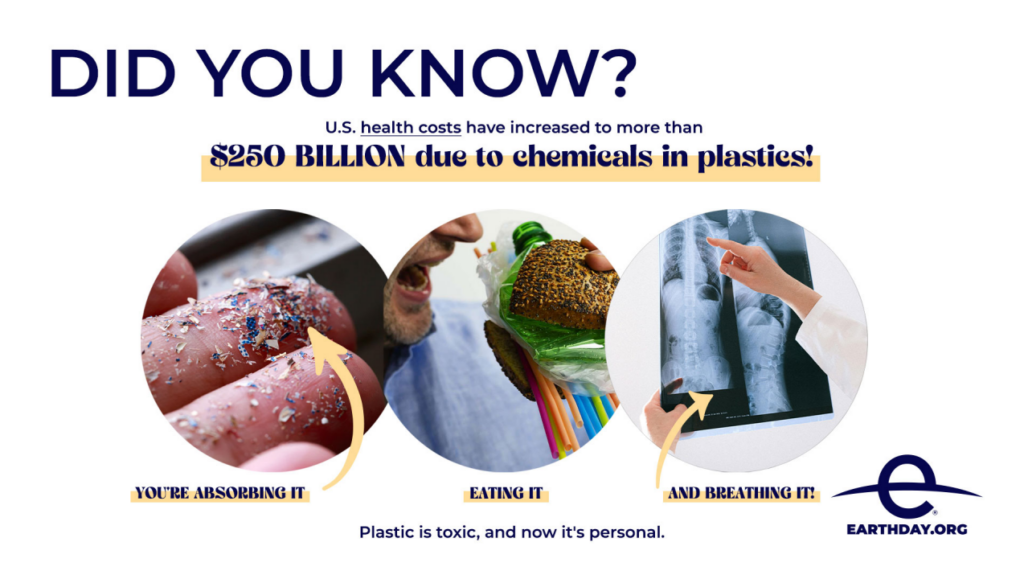
Protect From Plastics This Earth Day
Every April 22nd since 1970, Earth Day has been celebrated to honor our remarkable planet. This year’s theme, “Planet vs. Plastics,” reminds us that plastics have become an ever-present — and dangerous — part of everyday life. According to Kathleen Rogers, President of Earthday.org, “In the case of plastics we have become the product itself – it flows through our blood stream, adheres to our internal organs, and carries with it heavy metals known to cause cancer and disease. Now this once-thought amazing and useful product has become something else, and our health and that of all other living creatures hangs in the balance.” As plastics break down into microplastics, they release toxic chemicals into our food and water sources and circulate through the air we breathe. MetroConnects works tirelessly every day to protect the environment and public health through safe and sustainable wastewater collection. This Earth Day, we also would like to take a moment to consider the ways we can all reduce our use of plastics.
How Can We All Help?
There are many ways we all can participate in the global struggle to reduce plastics. One of the most effective ways individuals can contribute is to vote with their dollars. In other words, let manufacturers know you want plastics out of landfills, water and food systems by refusing to purchase products made with them or packaged in them. These products also have a damaging effect on your health, so it is a win-win to avoid them!
- Plastic cutlery and straws. These products are nearly impossible to recycle and virtually all of them wind up in landfills. Not only that, but studies have shown that toxins leached from these products are linked to kidney stones, hormonal imbalance and liver cancer.
- Single use water bottles. While these types of water bottles can be recycled, only about 5 to 6 percent of them actually make it through the recycling process, even when they have been properly placed in a recycling bin. And like plastic cutlery and straws, they contain harmful byproducts that can cause health problems.
- Products with unnecessary packaging. Products are often over-packaged, with each individual piece wrapped in its own plastic bag or plastic liner. Items shipped via online stores are often the worst culprits, with layers and layers of plastic packaging before you get to the actual product. If you notice a product you would like to purchase is extra-packaged, forgo it and find an alternative. Then let the retailer know why you have made that choice. Small companies will appreciate the feedback, and even the largest of companies take notice when the complaints are numerous.
- Laundry and dishwasher pods. You know that thin liner that holds the pods together? It is made of plastic. When you run pods through your washing machine or dishwasher, the liner breaks down and releases the soap. It also releases toxins and microplastics, which head right through your wastewater pipes and head downstream to the treatment plant. While filters can remove some of the chemicals and microplastics, many of them are too small and thus make their way downstream, eventually into open water sources — including drinking water.
Learn more about Earth Day’s Plant vs. Plastics campaign and ways you can reduce plastic in your community at www.earthday.org/planet-vs-plastics. And to learn more about Earth Day and MetroConnects’ Clean Water Forward initiative, visit www.earthday.org/earth-day-2024.